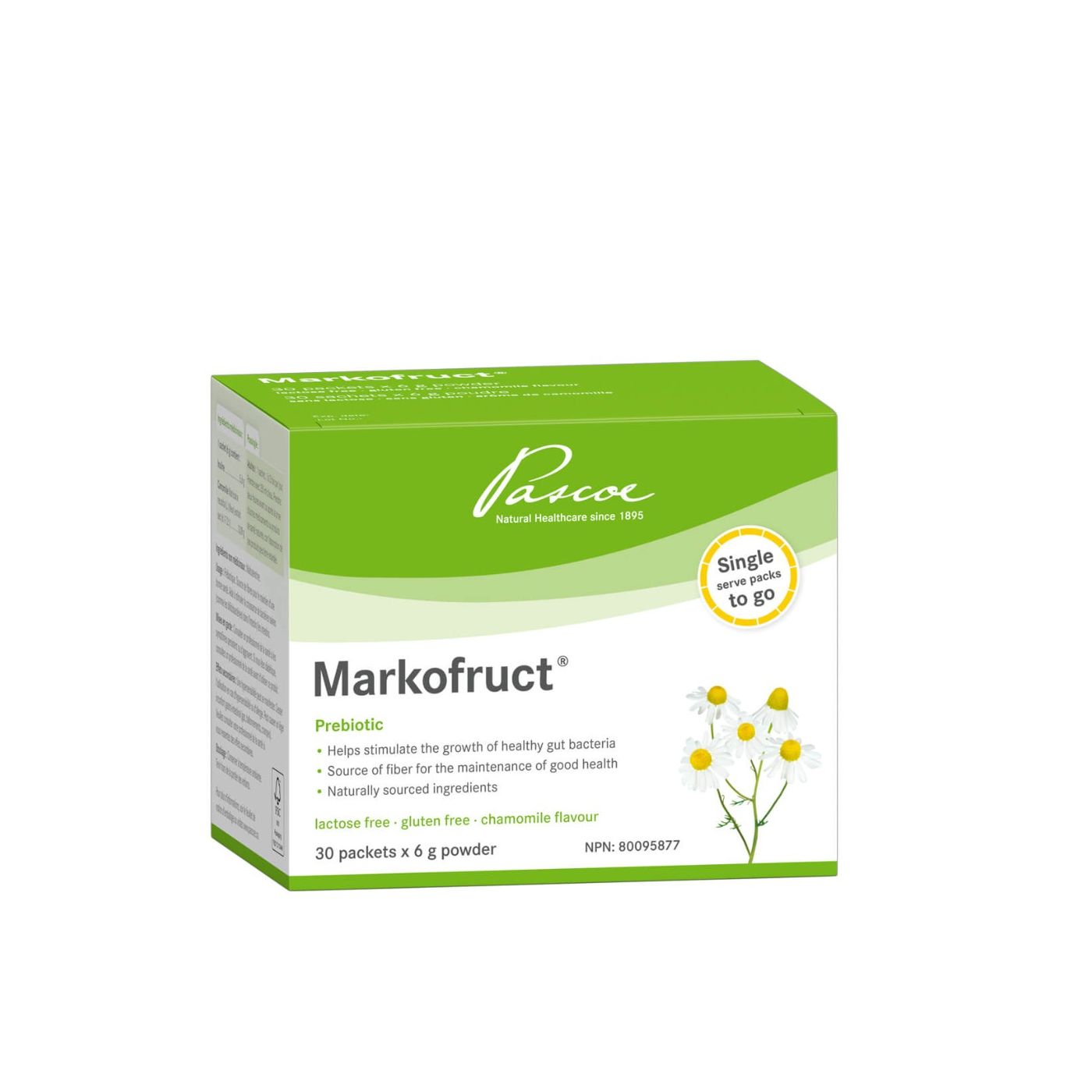Debunking the Myth: Prebiotics and Probiotics ARE Actually Helpful in Treating SIBO
Contrary to popular belief, prebiotics and probiotics have been proven to be successful and effective in treating SIBO.
Read more to find out how!
Small intestinal bacterial overgrowth (SIBO) is when too much bacteria builds up in the small intestine. Bacteria naturally occurs in the gut, as it plays a key part in digestion. But when bacteria that normally grow in other parts of the gut start growing in the small intestine (bacterial overgrowth), and things get out of balance, problems can happen.
It is estimated that nearly 20% of Canadians suffer from SIBO or IBS (irritable bowel syndrome), however, it is important to note that these are 2 different conditions, even though they share many of the same symptoms. Other conditions that may present with similar symptoms include celiac disease. Here, we will focus on SIBO.
SIBO usually starts when the small intestine fails to move food along well enough, causing a lack of movement of the small intestine. This results in an imbalance of bacteria, which is usually overpopulated with "bad" bacteria, which then causes symptoms of SIBO, which are uncomfortable and unpleasant, but as well can be very harmful to your overall health.


Symptoms
Signs that you may have SIBO include, but are not limited to:
- Bloating
- Abdominal pain
- Queasiness
- Gas
- Fatigue
- Diarrhea or constipation
If you have SIBO and it gets worse or goes untreated, it could lead to weight loss or anemia. But the good news
is SIBO can be treated and managed, and sometimes lifestyle changes are all it takes.
Because the symptoms of SIBO could be a wide variety of health conditions, it is important to see a doctor to be properly diagnosed. You may be referred to a GI (gastroenterologist), who specializes in digestive issues. In your meeting, you will be required to take a lactulose breath test.
How to Treat SIBO
After an assessment with a healthcare practitioner, you will likely be prescribed antibiotics or other medications, however, you may also find other ways to help treat and support yourself. Simple dietary changes may greatly improve the severity of your symptoms.
Incorporating a SIBO diet, or a low FODMAP diet into your lifestyle may be a good way to help resolve your issues. It is a gradual elimination diet that is meant to reduce inflammation in the digestive tract and bacterial overgrowth in your small intestine.
FODMAP stands for Fermentable Oligo-, Di-, Mono-saccharides and Polyols. These are the scientific names for carbs that may cause digestive issues.
You may notice that some of the foods that cause your discomfort are also considered to be high FODMAP foods. To provide symptom relief from SIBO, you may be advised to avoid these high FODMAP prebiotics foods (apples, onions and garlic) for a short period of time. It is really important to know that excluding these foods long term is not the answer and will not fix SIBO.
A healthy gut is dependent on you eating a fiber rich, highly diversified diet, so restricting these foods for a long period of time will only worsen your situation and increase your sensitivity to more foods. It's not uncommon that those who suffer from SIBO can eventually tolerate only a handful of foods. This is not the end goal.
Prebiotics and Probiotics for SIBO?
Lately, prebiotics and probiotics have gained a bad rap when it comes to using them in treating SIBO. The concern is, if SIBO is overgrowth of what are otherwise good bacteria, just in the wrong place, won’t probiotics (or prebiotics) make it worse? As it turns out, prebiotics can be very powerful and beneficial for SIBO.
Studies have shown that using bifidobacillus and inulin in treatment showed significant improvement in SIBO symptoms, with no adverse effects. Other studies have shown that a bacillus probiotic with FOS (fructooligosaccharides) also showed significant improvement in symptoms, with no adverse effects.
If certain foods are causing you pain, bloating, constipation, or diarrhea, this is your body communicating to you that your digestive system is struggling. Ironically, the foods that cause discomfort are the same foods that are important to your health. Instead of excluding these foods, you need to improve your digestive system so you can tolerate these and improve your health in the long run.
This can be very confusing and difficult to navigate by yourself, so seek the assistance of a healthcare practitioner to help you determine a diet that is right for you.


